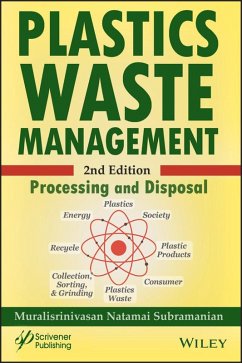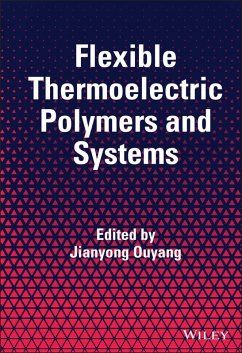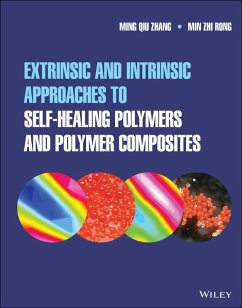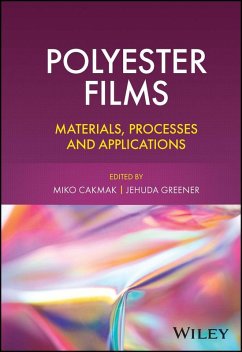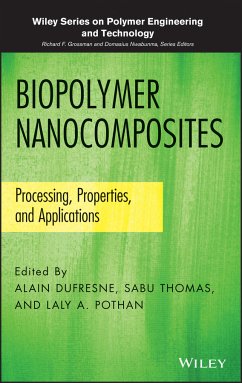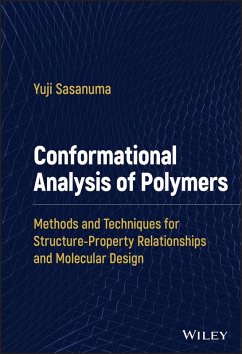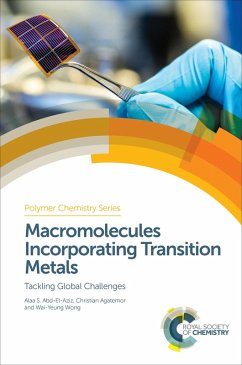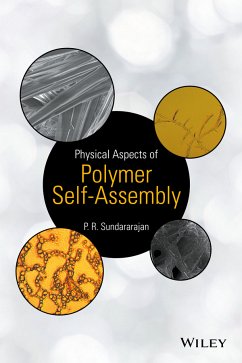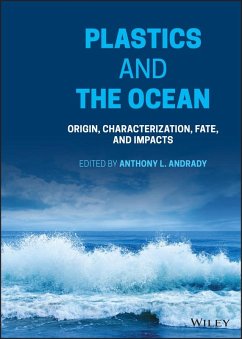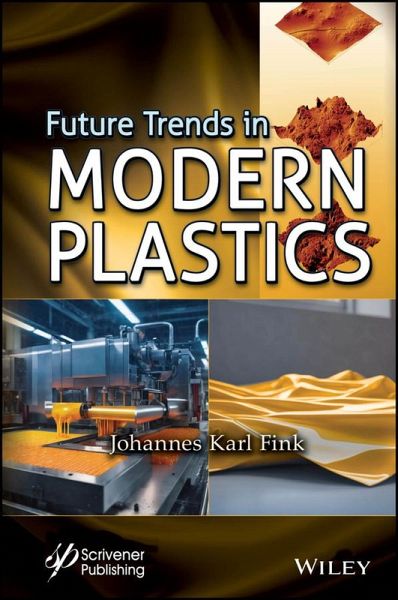
Future Trends in Modern Plastics (eBook, ePUB)
Versandkostenfrei!
Sofort per Download lieferbar
168,99 €
inkl. MwSt.
Weitere Ausgaben:

PAYBACK Punkte
0 °P sammeln!
Future Trends in MODERN PLASTICS The prolific author and polymer scientist discusses the current topics in the plastics industry and recommends future research in sustainable polymers and the recycling routes of plastic waste. The book opens with a chapter discussing newly developed monomers such as alkylene-based monomers, epoxide monomers, diol-based monomers, bio-based monomers, and several other types, Modern polymerization methods are then explained, such as ionic polymerization, plasma polymerization, and ring-opening polymerization. The book moves on to special issues and some future tr...
Future Trends in MODERN PLASTICS The prolific author and polymer scientist discusses the current topics in the plastics industry and recommends future research in sustainable polymers and the recycling routes of plastic waste. The book opens with a chapter discussing newly developed monomers such as alkylene-based monomers, epoxide monomers, diol-based monomers, bio-based monomers, and several other types, Modern polymerization methods are then explained, such as ionic polymerization, plasma polymerization, and ring-opening polymerization. The book moves on to special issues and some future trends in the plastics industry with recommendations for future research. Plastics have given society enormous benefits because of their versatility, light weight, durability, and low costs. However, these properties have come with negative impacts because these persistent materials are leaked into the environment during their entire life cycle. Therefore, critical chapters report on the future directions for sustainable polymers, the valorization of plastic waste, and the recovery, treatment and recycling routes of plastic waste. The book concludes with chapters on the usage of plastics in medical devices, as well as the use of plastics in restoration, food applications, additive classes, and manufacturing. Audience The book will be used by plastics engineers, chemists, polymer and materials scientists in both academia and the plastics industry.
Dieser Download kann aus rechtlichen Gründen nur mit Rechnungsadresse in A, B, BG, CY, CZ, D, DK, EW, E, FIN, F, GR, HR, H, IRL, I, LT, L, LR, M, NL, PL, P, R, S, SLO, SK ausgeliefert werden.




